While you were sleeping: Trends in sleep health
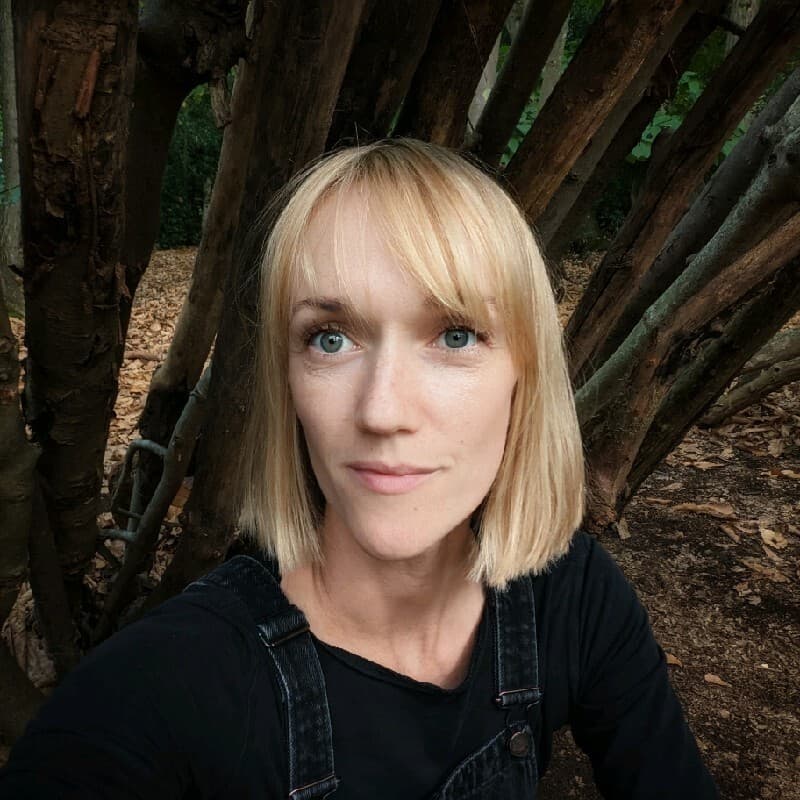
Amy Thomson
01 Oct, 2024 | 5 minutes
Despite the universal human need for sleep, patterns and rituals vary significantly across cultures. We can contrast the Japanese practice of ‘inemuri’ – napping in public or at work as a sign of high productivity, hard work, and long working hours – with the Mediterranean siesta culture. Additionally, we can compare it to the glorification of hustle culture, and by extension, exhaustion as a badge of honor. These differences highlight the diversity of shared values and meanings underpinning sleep and rest.
As a social intelligence practitioner, I started to think more deeply about sleep after the TikTok algorithm gods tapped me into an irreverent conversation reveling in the shared absurdity of having to get to sleep. As one popular post put it, "Isn’t it weird how you have to pretend to be asleep in order to fall asleep?”
From cultural norms and
productivity expectations to the shared quirks of human biology, sleep weaves a
rich tapestry of experiences that connect us all. As our world becomes
increasingly interconnected, traditional sleep practices are colliding with modern
lifestyles, creating a fascinating intersection of ingrained local rituals and
modern, globalised wellbeing practices. This global shift in perspective is not
just reshaping how we view the importance of rest; it’s opening up a world of
opportunities for innovation in the realm of sleep health. Brands that can
navigate the complex interplay of cultural sleep practices, health
consciousness, and the universal human experience of sleep stand to not only
capture a share of the burgeoning sleep economy but also to profoundly impact
how we approach one-third of our lives.
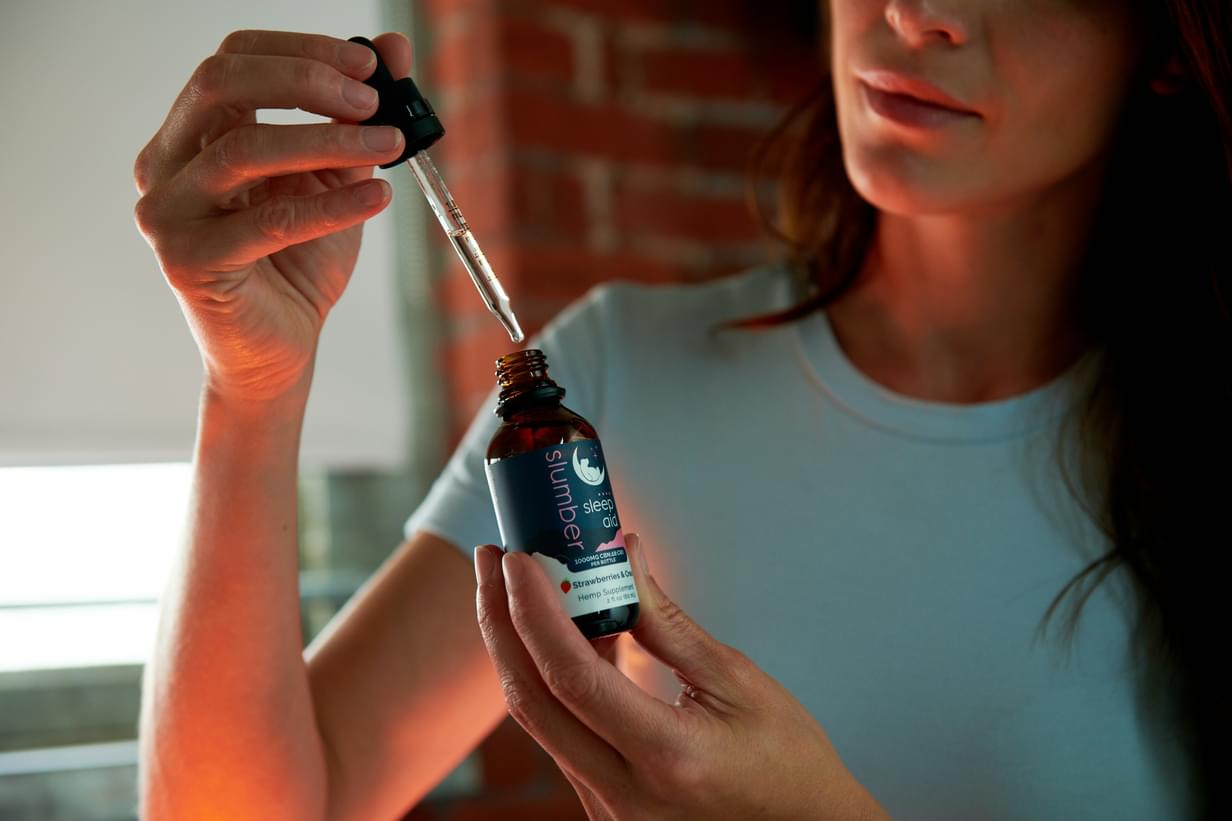
As one popular post put it, "Isn’t it weird how you have to pretend to be asleep in order to fall asleep?”
The global awakening to sleep health
Sleep health has never been so relevant to so many people. The term has seen a steady upward trajectory of interest in the past five years and continues to gain momentum with 12% year-on-year growth in search volumes perhaps we’re all just googling it at 3am on sleepless nights.
As you might expect, renewed emphasis on health in January and back-to-school vibes in September create seasonal peaks, while the heady days of summer and December see moderate dips in interest.
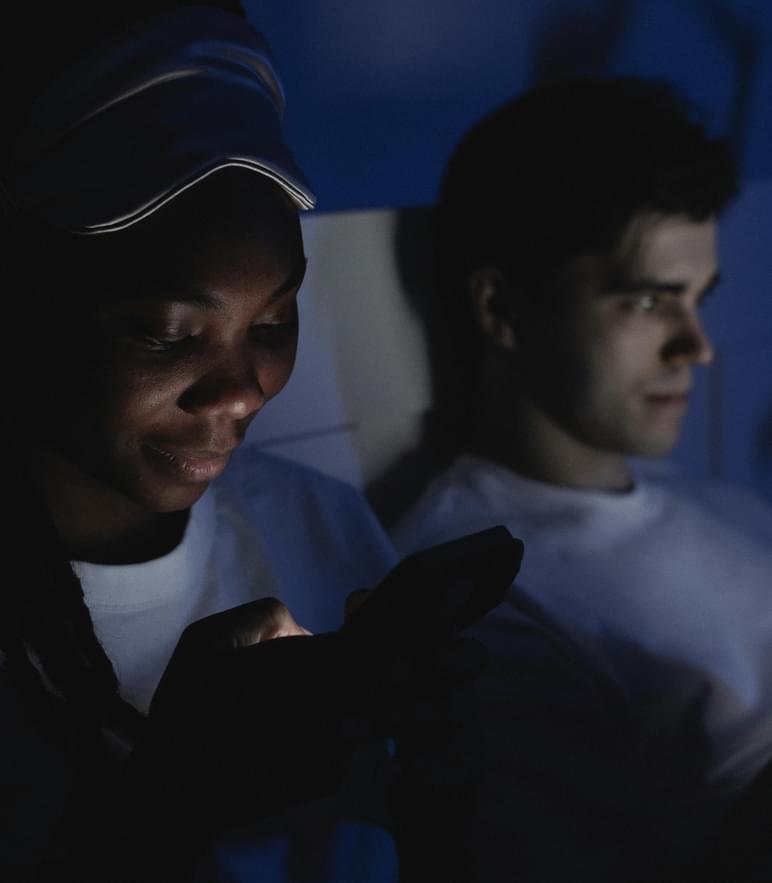
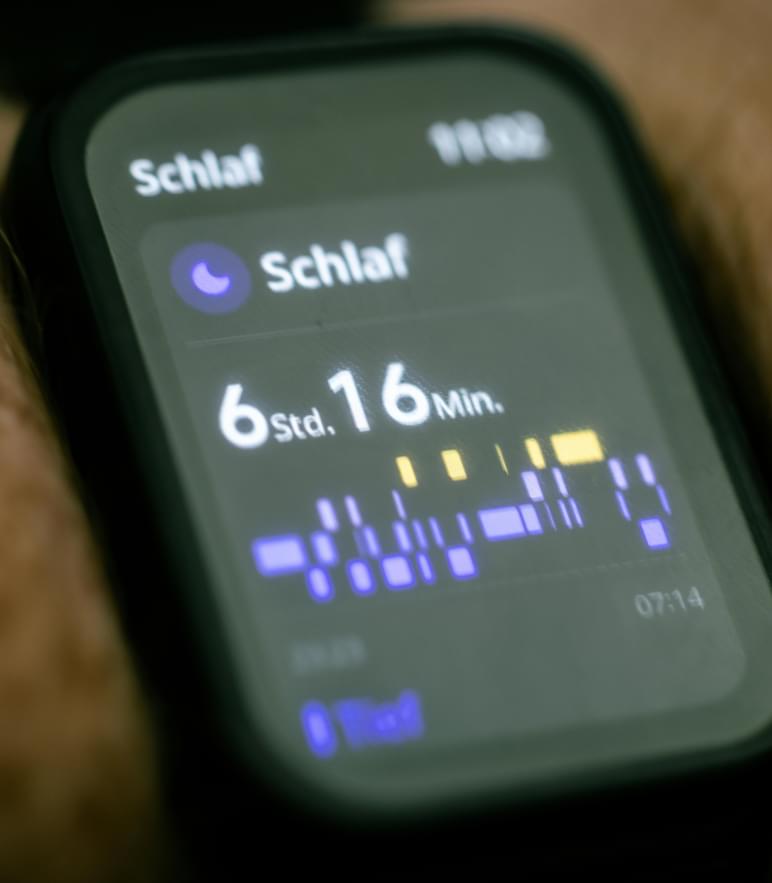
What’s Driving This Momentum?
Whilst the first advances in sleep research date back to 400 BC, it wasn’t until Apple adopted sleep-tracking technology into the Apple Watch in 2020 that the ability to track and understand sleep habits went mainstream – spurring a new fascination and opportunity for self-insight.
Yet despite equipping individuals with a better understanding of their own unique sleep habits, routines, and pitfalls, a good night’s sleep remains subjective. One person’s shut eye is another person’s restless night.
Interestingly, sleep health and mental health are close bedfellows in social conversation, with almost a million combined mentions in the past year. However, combined sentiment is divided – conveying a tension between the inherent positive impact that sleep can play in overall mental wellbeing and the fraught anxiety of chasing a potentially elusive good night’s sleep.
Brands Are Sleeping on the Bedtime Opportunity
Despite the fact we spend about a third of our lives sleeping, beyond the obvious cosy categories (homeware and fashion), brands and innovation have been slow to turn their attention to bedtime routines and rituals. But there’s evidence to suggest the tide is turning.
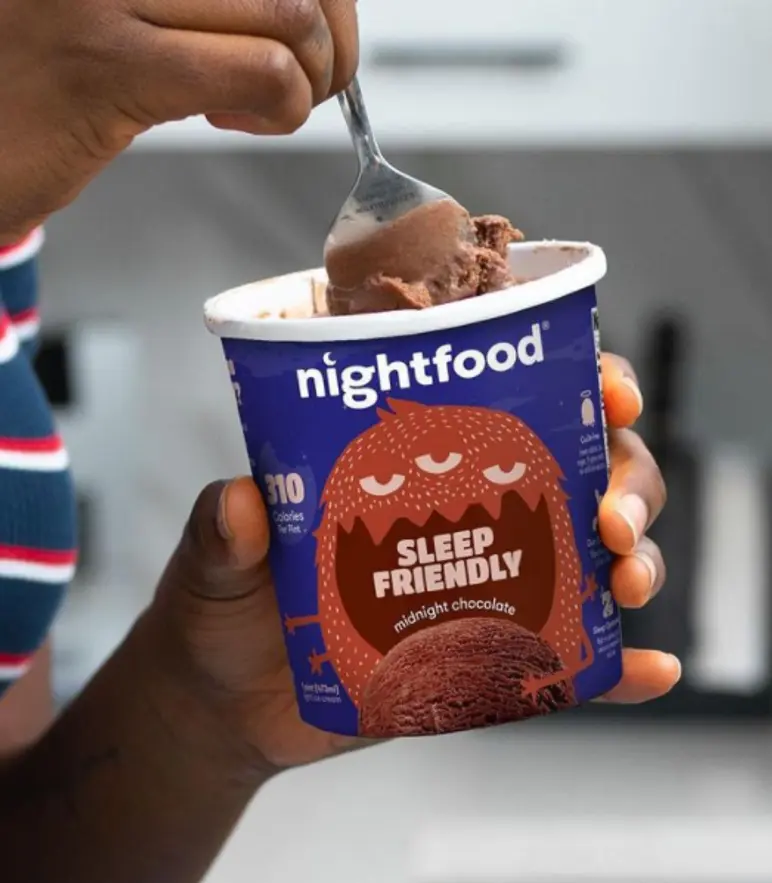
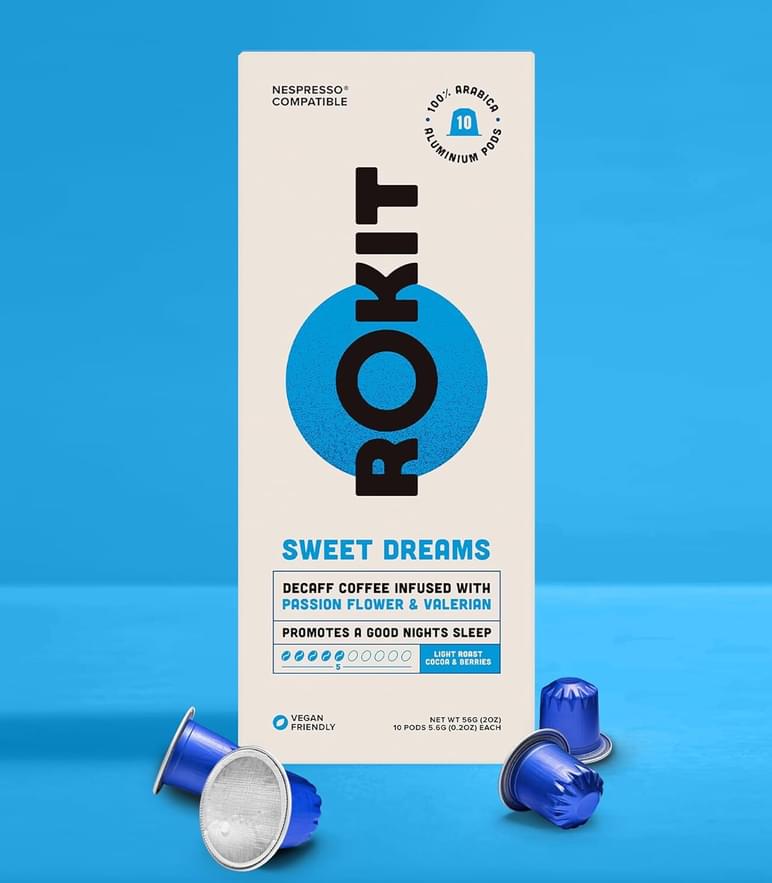
Creating a Better Night’s Sleep
Innovation that promises to deliver relaxation and a better night’s sleep is receiving increasing attention – with magnesium leading the charge as a hero ingredient to deliver a better night’s sleep and, in turn, a better you the next morning.
Supplements are the leading format playing in the good night’s sleep territory, but new innovation is starting to emerge, even from categories that have inherent morning wake-up and energy associations. Rokit bedtime coffee anyone?
Delivering a better tomorrow
Beauty is leading the charge in nighttime productivity – ten-step Korean-inspired skincare routines, silk pillows, and nighttime serums are nothing new, especially on social media. But an emerging social trend for the morning shed is supercharging the ritual. Consumers load their body, hair, and skin with beauty products and wake up ready for the day with minimal effort the next morning.
According to one TikTok creator, “the uglier you go to bed, the prettier you wake up in the morning.”
These beauty sleep-inspired innovations draw on the intrinsic associations between sleep (and being well-rested) and social status or physical attractiveness. Somewhat contentious, fans of the practice shout from the TikTok rooftops about the benefits, while critics see this trend as an invasion of consumerism and beauty standards into a precious, important time of day.
Either way, it’s fascinating to see the concepts of sleep and productivity coalesce rather than clash. From a marketing and innovation perspective, sleep health presents an opportunity – especially for products and brands which aren’t yet associated with this moment. Successful sleep health innovation must create an appealing, relaxing product experience before our head hits the pillow but also deliver a better, fresher, more productive, less effortful tomorrow.
Learn more about MMR's social listening practice in our Delighting the New Consumer webcast.